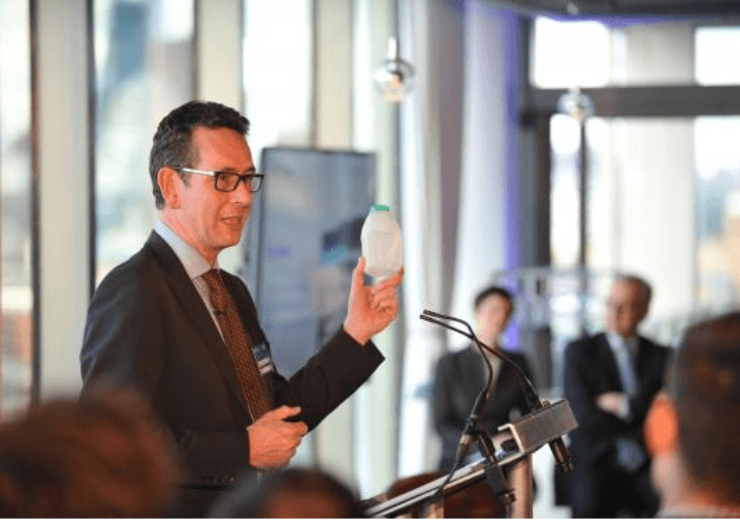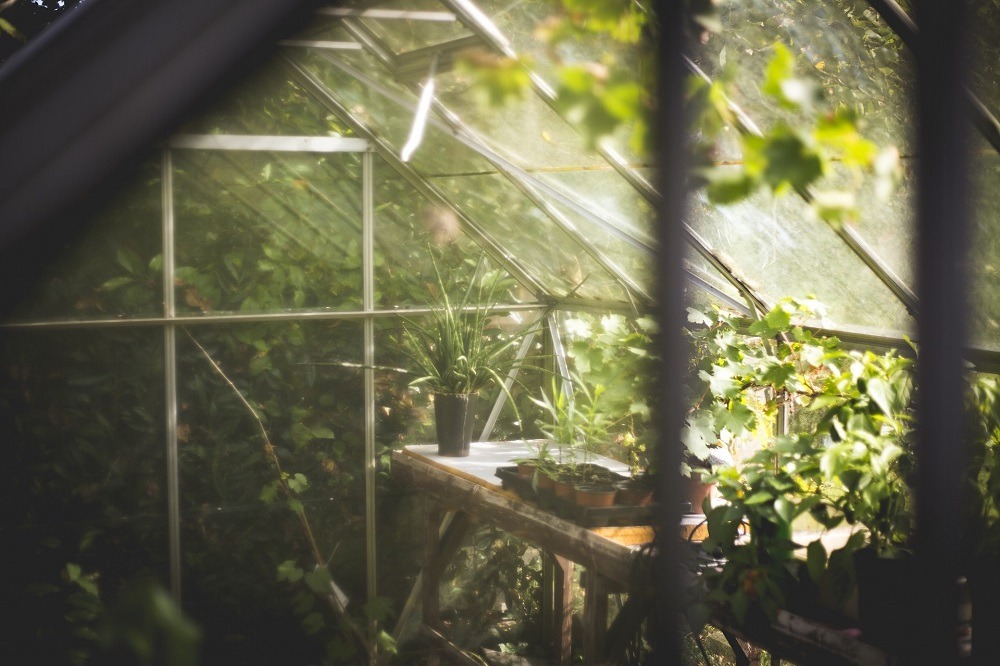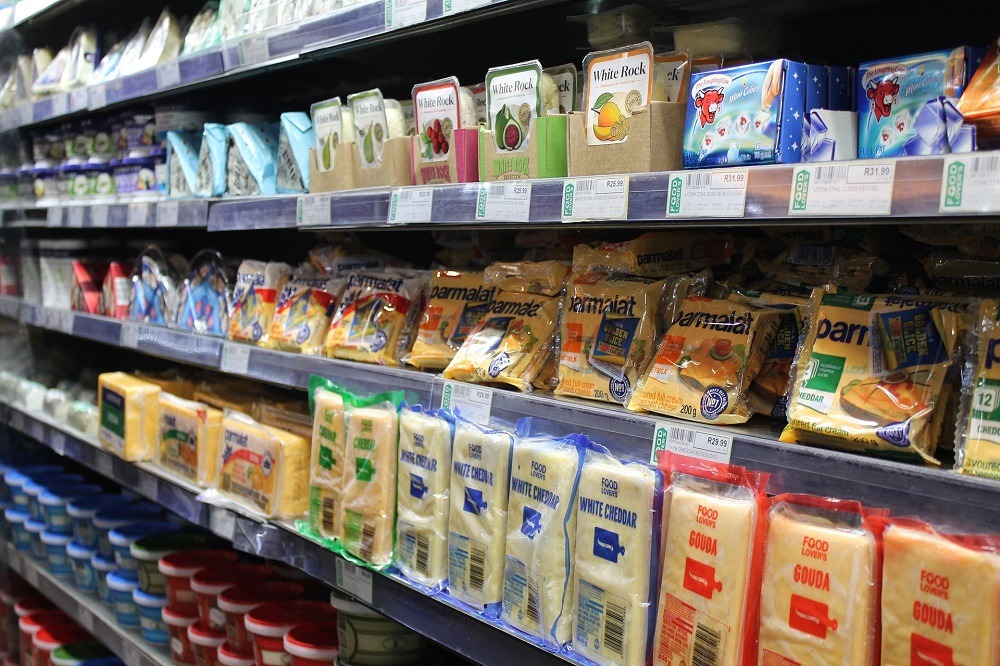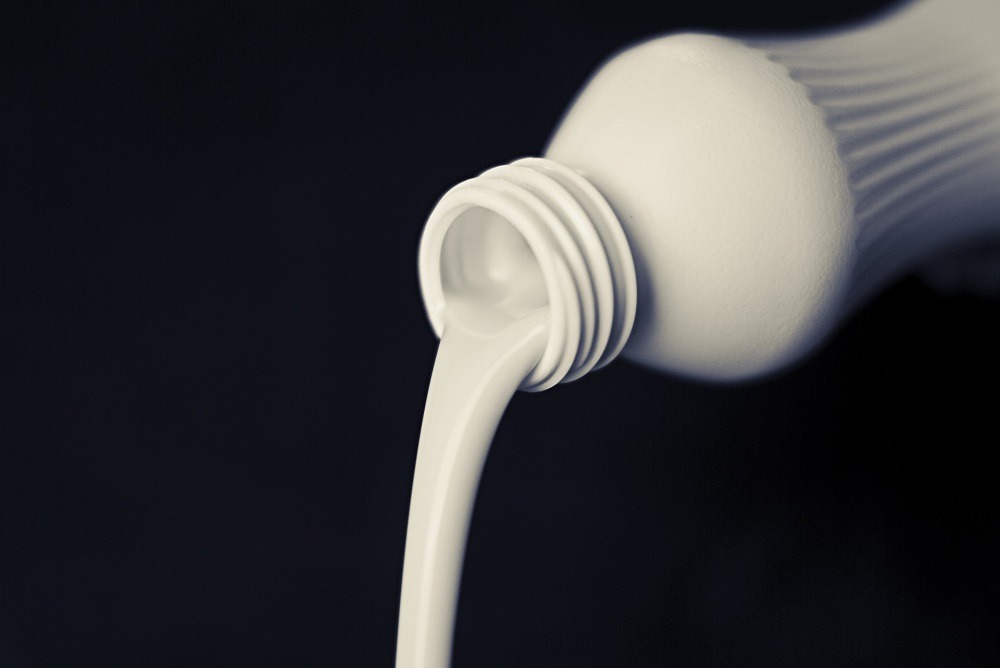From compostable packaging to food labelling, WRAP has developed guidance designed to help businesses reduce the amount of waste they produce

WRAP CEO Marcus Gover (Credit: WRAP)
Since its launch in 2000, the Waste and Resources Action Programme (WRAP) has been providing guidance for businesses working in the packaging sector.
The charity has worked with companies, individuals and communities to further develop the circular economy.
Working with funding from the UK, Northern Ireland, Welsh and Scottish governments — and money from the EU — it has developed initiatives such as Recycle Now, Love Your Clothes, and Love Food, Hate Waste.
Alongside these campaigns, WRAP provides a range of guidelines when it comes to food labelling and materials used within the packaging sector.
To see this work in practice, we take a look at some of the organisation’s recommendations on issues such as compostables and “best before” date labelling.
Guidance from WRAP on the issue of compostable plastic packaging
In February 2020, WRAP unveiled its guidance on how to manage plastic compostable packaging.
The organisation has outlined potential applications for the material, with flexible packaging seen a viable area of use.
One reason for this is such packaging is likely to become contaminated with food, which would facilitate the recycling of this waste as well.
Other applications where it could be used include fruit and vegetable stickers, tea bags, coffee pods and ready-meal trays.

WRAP also highlights the importance of communicating how the material works to the consumer, as there’s no such guidance system currently available in the UK.
The organisation recommends informing people not to litter the packaging, and not to put the material in recycling bins.
It also says there should be labelling to specify whether or not a product is suitable for home composting.
WRAP’s food labelling guidance
For several years, WRAP has been one of the major advocates pushing for improved food labelling guidance — with the aim of cutting the amount of food and drink that’s wasted in the UK.
In 2017, the organisation — in association with the UK’s Food Standards Agency and Department for Environment, Food and Rural Affairs — published guidance setting out best practices for date labels on food products.
Among its recommendations was the introduction of “suitable for freezing” labels on foodstuffs.
It also says best before dates should be legible on the packaging, and that it should be prominent on the product — such as on the front of the packet.
Alongside this, WRAP says that, where possible, an item should not have any “open life” label — denoting how long food can last after the packaging is opened.
The organisation believes businesses should make their products’ storage advice clear and prominent.
In 2018, WRAP released its Food Waste Reduction Roadmap, which outlined how the sector can halve its food waste output by 2030.
Working alongside food research and training charity IGD, it produced the Target, Measure Act strategy — designed to help businesses meet national and global targets on food waste.

As of September 2019, 121 firms — including all of the UK’s large grocery retailers — have signed up to the strategy.
IGD CEO Susan Barratt said at the time: “One year ago we launched the Food Waste Reduction Roadmap, which focused on helping food and consumer goods companies to reduce their food waste.
“I am delighted that more than 150 companies have now committed to support the roadmap, with 121 of these businesses already implementing Target, Measure, Act.
“These businesses represent a combined turnover of almost £220bn ($284bn).
“IGD and WRAP continue to work very closely with these companies, giving them the tools to understand how they can measure and reduce food waste.
“Our industry has made great strides on this important issue in the last 12 months, but we are not complacent.
“Reducing food waste is a long-term journey and we recognise there is more we can, and will, be doing in the future.”
WRAP’s plastic packaging guidelines
In July 2019, the UK Plastics Pact — run by WRAP — unveiled its guidance for plastic packaging.
As part of this, the organisation outlined the best polymer choices for a range of different products.
For plastic milk bottles, the report recommends the use of recycled high-density polyethylene resin — a material already commonly used within the milk sector.
It also suggests minimising the number of colours in products — making it easier to recycle.

Alongside this, the organisation recommends the use of recycled PET for bottles, pots, tubs and trays — as the material provides “the greatest opportunity” for items to be recycled back into packaging.
WRAP UK director Peter Maddox said at the time: “If plastic is recyclable, and clearly labelled as such, we stand a far greater chance of keeping that plastic in the economy and out of the natural environment.
“We also know from recent research that citizens want to see packaging that is 100% recyclable, which they can recycle at home.
“By rationalising the number of polymers used in packaging, we can develop a more efficient recycling system, and reduce confusion for citizens.”
